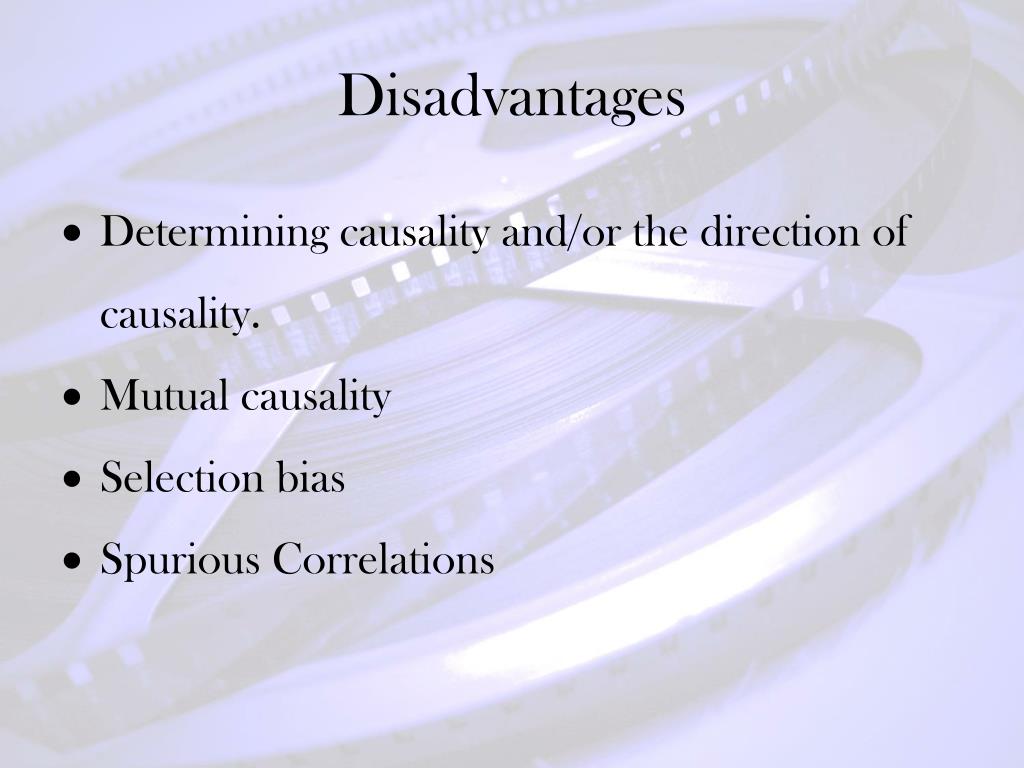
This fact was initially obscured to me because of the tendency, evident in all major religions of the last two and a half millennia, to posit metaphysical absolute as source of value and goal of spiritual life. Indeed the very word Dharma conveys not a substance or essence, but orderly process itself-the way things work. In this doctrine, which the Buddha equated with the Dharma, or saving teaching itself, everything arise through mutual conditioning in reciprocal interaction. The contingent nature of the self-and the consequent spaciousness and workability of experience-is, I soon learned, grounded in the radical interdependence of all phenomena, set or dependent co-arising.

Later, in my studies of the early texts, I realized the extent to which this perspective on the self arises within a more comprehensive view of reality. I apprehended this at first through the doctrine of anatta (no-self), aided by instruction in Vipassana or insight meditation. Through attention to9 these dynamics, without recourse to supernatural entities, the traps we fabricate through fear and greed, and the possibility of liberation from them. They reveal the self as a changing, fluid construct created by the dynamics of mind. In my own encounter with Buddhism, which started a quarter century ago among Tibetans in India and continued with doctoral studies in the West, the teaching which I first found most compelling point to the process nature of the self. It reveals remarkable relevance to a major shift occurring in contemporary thought and science-the shift toward a dynamic, systemic, process view of reality. Buddhism, with its reliance on direct experience and its sophisticated, psychological abalysis, offers particulars rewards to Western inquiry. She is the author of Despair and Personal Power in the Nuclear Age Dharma and Development Thinking Like a Mountain: Toward a Council of All Beings (with John Seed, Pat Fleming, and Arne Naess) and World as Lover, World as Self.Įncounters between modern Western thought and ancient Asian philosophies figure among the more fruitful features of the twentieth century. Macy is Adjunct Professor at the California Institute of Integral Studies in San Francisco and Starr King School for the Ministry in Berkeley. The interdependence of all beings provides the context for clarifying both the role of meditative practice and guideline for effective action on behalf of the common good. Giving a cogent introduction to both bodies of thought, and a fresh interpretation of the Buddha’s core teaching of dependent co-arising, this book shows how their common perspective on causality can inform our lives.

Remarkable convergences appear between core Buddhist teachings and the systems view of reality, arising in our century from biology and extending into the social and cognitive sciences. Here for the first time the concepts and insights of general systems theory are presented in tandem with those of the Buddha.

This book brings important new dimensions to the interface between contemporary Western science and accident Eastern wisdom. It belongs to movements toward global integration”-Henry Le Roy Finch, Hunter college and Graduate Center of the City University of New York.

It belongs to Buddhist thought with new Western conceptions. It also brings together Western and Eastern ideas combining a particularly important aspect of Buddhist thought with new Western conceptions. “This book deals with a very important and contemporary topic-breaking out of casual patterns of a reductive sort into more holistic non-reductive ways of thinking and explanation.


 0 kommentar(er)
0 kommentar(er)
